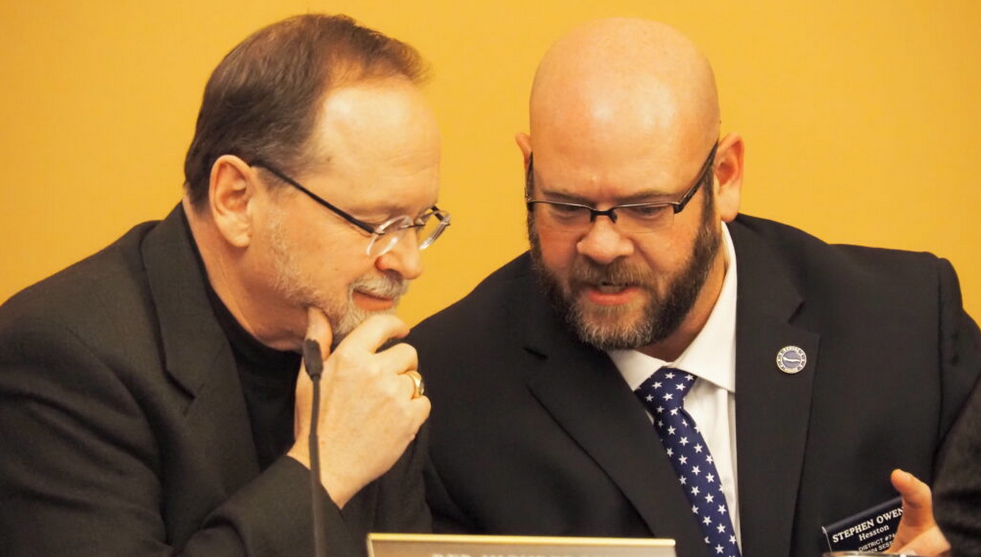
By RACHEL MIPRO
Kansas Reflector
TOPEKA — Lawmakers have begun evaluating legislation in an effort to fix years of built-up problems within the juvenile justice system.
First up: A bill that could expand access to behavioral health treatment through crisis intervention centers.
During a House Corrections and Juvenile Justice Committee meeting Monday, a week after lawmakers heard from attorneys and foster care workers who urged for more juvenile crisis intervention centers and adequate resources, lawmakers said they were trying to quickly come up with solutions for young offenders who need more intensive help.
Rep. John Carmichael, D-Wichita, recounted an incident from a few years ago, when he was in a community discussion about a young offender who repeatedly committed car burglaries. Carmichael said because of Senate Bill 367, which was implemented in 2016, the young man never experienced significant consequences.
“We used to be able to lock this kid up, but we can’t do this anymore,” Carmichael said. “All we can do is catch and release. And of course everybody in the room looked at me because I voted for the bill. That wasn’t pleasant.”
SB367 shifted practices away from holding youths in group homes or state custody, instead funneling money into an account to be used on community programs and treatment. The legislation included limits on probation and case lengths, making it less common for youths to be detained or sent to correctional facilities.
While youth incarceration rates have decreased, officials in the community have said young offenders weren’t receiving the proper treatment and had high recidivism rates. To fix gaps in the system, lawmakers have discussed new legislation. On Monday, they heard testimony on House Bill 2033.
The bill stipulates that substance abuse services should be offered by juvenile crisis intervention centers. The legislation also would make behavioral health conditions part of an assessment of whether or not youths are likely to cause harm to themselves or others.
HB2033 would also add a definition of behavioral health crisis to the Kansas code of care for children, and change wording in some of the custody and court statutes. The bill would change the term “mental health crisis” to “behavioral health crisis” in statutes that deal with law enforcement officers taking a child into custody and on the criteria used to refer and admit youths to a juvenile crisis intervention center, among others.
Tim DeWeese, director of the Johnson County Mental Health Center, said the change in wording would help cover more areas and better serve the community.
“By redefining it from mental health crisis to behavioral crisis, you’re not only encompassing the mental health issues, but you’re addressing the substance abuse issues and also those issues where a young person may be emotionally deregulated — they’re having a fit, they’re a little out of control, they’re not able to manage their emotions,” DeWeese said.
Committee Chairman Rep. Stephan Owens, R-Hesston, said the legislation would open the door to opening crisis intervention centers across the state.
Kansas has millions set aside for juvenile crisis center funding, which is thought to be a potential solution to the current lack of resources for juvenile offenders, but hasn’t used any of the funding. In 2018, Johnson County applied to create a center but the state government dropped the project.
“This is one of the steps to make sure they get built and utilized,” Owens said.






